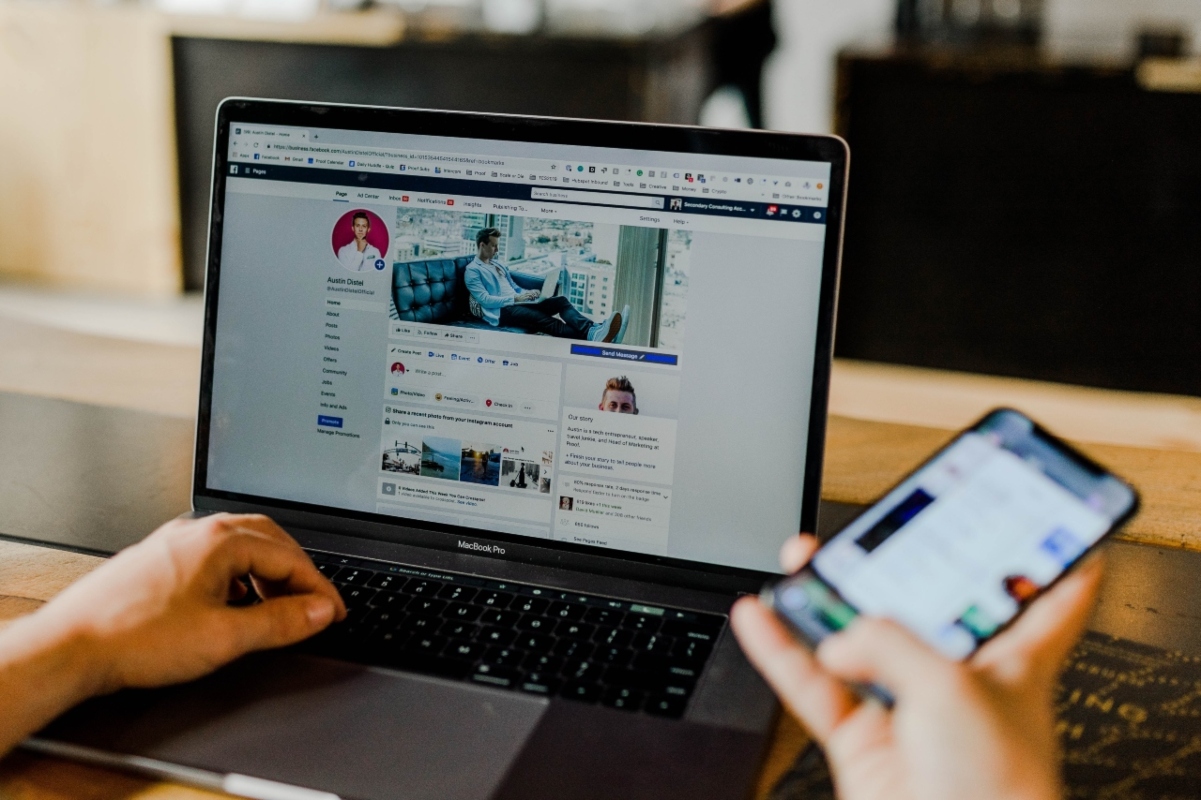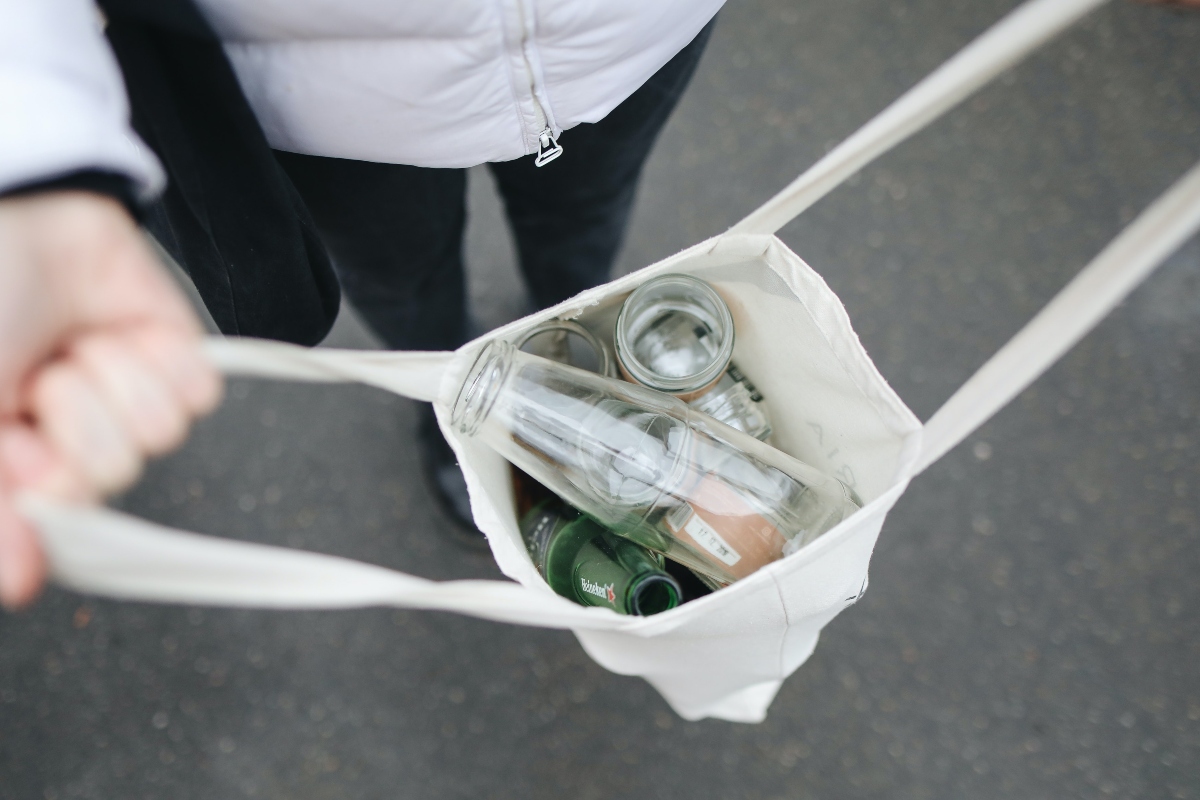Articles

5 exciting business events in Barcelona this May
16 de April de 2024
It’s something immediate and involuntary. You pick up your phone, your face unlocks the device, you open Instagram, you scroll through three stories and a couple of posts, and then you lock your screen again. After 40 minutes or so, you do it all again. The story repeats itself, all day long…
When they started out, social networks were just about entertainment. Today, they are the main source of information for a large part of the population. These networks influence our lives and our behavior, from the seemingly harmless leverage they have on our buying habits, to who we vote for. However, the most worrying thing about the power it has on today’s society is how much it curbs our attention. Today’s permanent connection and effortless access make sure our we are with a phone in hand 24/7.
Many of us pick up our mobile phone as soon as we wake up, before even getting out of bed, to check our messages. Others spend their entire breakfast time without taking their eyes off their non-stop scrolling. And all of us have witnessed, phone in hand at a concert or other event, that we’re just one of a sea of floating devices and hypnotized gazes, as we think: “Wow!” We’re living in the age of the screen.

Time becomes relative when you’re engrossed in social media. You come out frustrated and confused from a Facebook post that has led you down a rabbit hole, where maybe 45 minutes have been wasted away while you argue with strangers, afterwards realizing that you have made no progress with your presentation for Friday.
And it’s not just about how much less productive it keeps you from being, but about how much of a divide it creates between you and the things that you enjoy the most. Some people have claimed that they are unable to ignore their mobile phone while having dinner with friends, or while watching one of their favorite television series.
Many feel somehow addicted to their mobile phone. And, despite the fact that technology addiction has not yet been recognized as a disorder per se, many studies and experts affirm that an excessive use of mobile devices and social media represents a behavioral addiction that can have negative repercussions on our physical, psychological and social well-being.
A study carried out by the University of Technology in Sydney (UTS) has found that there are almost fifty harmful effects generated by an excessive use of social media and electronic devices.
According to the UTS, the social networks that harm our health the most are Twitter, Facebook and Instagram, since they are the networks in which we expose our private life the most.
So, what problems are generated by an excessive use of social media?
Other social media addiction repercussions such as social isolation, poor performance or a lack of interest in other facets of our lives can also be added to the list. In their most primitive essence, addictions usually trigger a snowball effect and end up destroying other parts of your identity and your environment.
The idea behind a ‘digital detox’ (or ‘digital detoxification’) is reducing or cutting down on the time you use electronic devices. Whether it be partial or complete, the aim is to make you disconnect from the digital world.
‘Digital detox’ is a trend that is becoming more and more popular. In fact, maybe you’ve already heard a co-worker or friend say that they’re ‘Detox-ing’ on social media or taking a break from their mobile phones for a specific amount of time. In fact, you may even have participated in an activity or retreat where the use of electronic devices was prohibited.
In Netflix’s French miniseries ‘Detox’, two flatmates, after having gone through a series of setbacks in their lives, are challenged to live without their phones for a month. They both blame their mobile phones for their failures, so they decide to turn their way of life upside down. The series, which mentions ghosting, loneliness and the dangers of the Internet, is a parody that criticizes a hyper-connected society.
Actually, digitally detoxing in real life is not as complicated as it may seem. How can you do it?
In the end, the idea behind a ‘digital detox’ is basically to better your physical and mental well-being. Start creating responsible user habits with your mobile phone, limiting your usage and building a healthy relationship with your mobile and other electronic devices.
The key is to create a balance between quality and quantity; otherwise known as digital well-being.

In this event you will discover what new insights that will help you to lead the change towards sustainability.
Ir a evento
Use social media to stay in the loop and keep in contact with your loved ones and you’ll get quality time. An excessive use encourages lack of control and absorption.